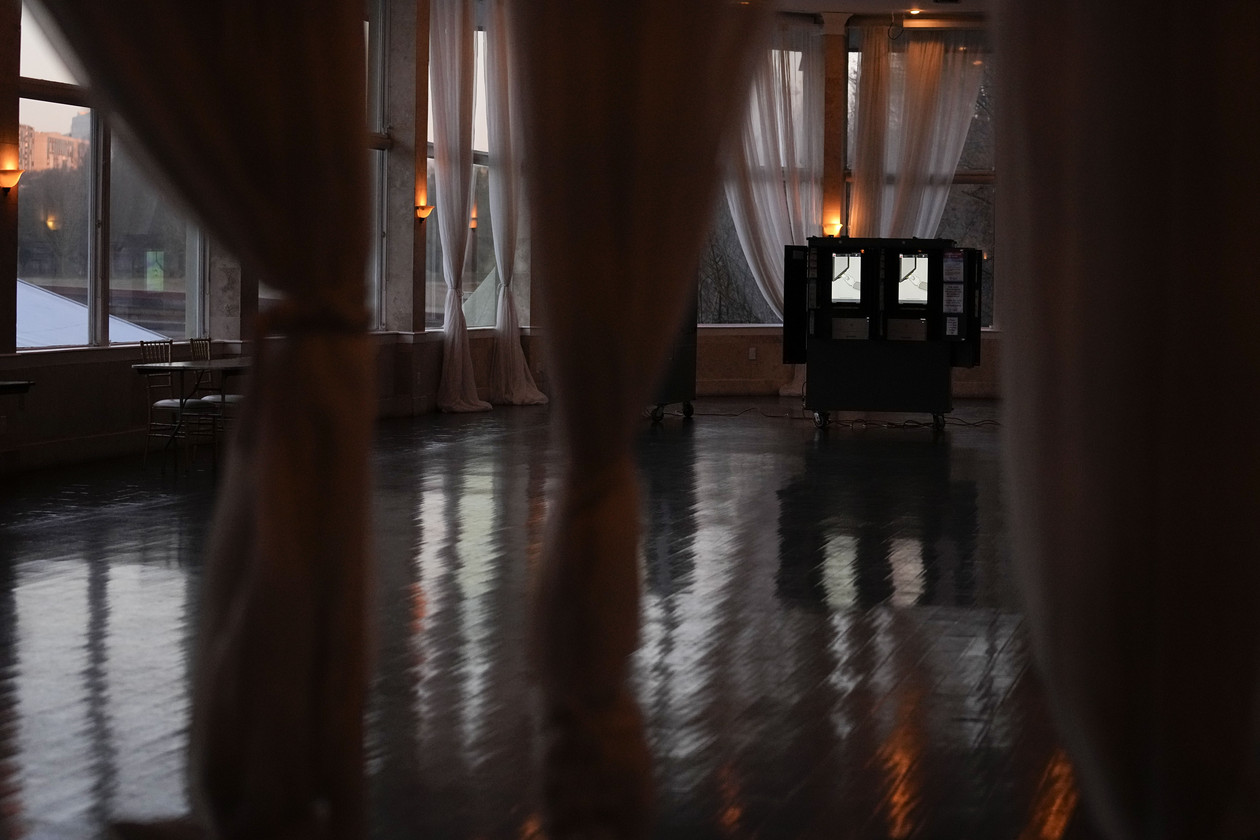By Zach Montellaro
A Georgia state judge on Tuesday temporarily blocked a controversial rule supported by allies of former President Donald Trump that election administrators feared would cause last-minute chaos in the election.
Judge Robert McBurney granted a request from election officials in Cobb County and others to pause a rule that would require poll workers to hand-count the number of ballots soon after polls close. McBurney noted in his order that the rule was being instituted so close to Election Day that poll workers couldn’t be trained for it.
“Should the Hand Count Rule take effect as scheduled, it would do so on the very fortnight of the election,” he wrote. “As of today, there are no guidelines or training tools for the implementation of the Hand Count Rule.”
Late last month, Trump-aligned members of the Georgia State Election Board pushed through the controversial policy requiring hand-counting of ballots. Local poll workers would not be tallying results but counting the raw number of ballots cast and comparing them to the machine-counted total.
It was an incredibly late change that state and local election officials warned would be a labor-intensive process. They warned that the process would delay results by hours in the battleground state and could create errors that compound distrust of the process in the state.
Georgia was central to the misinformation Trump and his allies told following the 2020 election. Trump and others falsely claimed the state was stolen from him, passing off conspiracy theories on everything from compromised voting machines to election workers pulling “suitcases” full of fake ballots to turn the count.
Trump tried, and failed, to convince Republican Secretary of State Brad Raffensperger that year to help him overturn the election. McBurney alluded to that environment in granting the order. “This election season is fraught; memories of January 6 have not faded away, regardless of one’s view of that date’s fame or infamy,” he said. “Anything that adds uncertainty and disorder to the electoral process disserves the public.”

